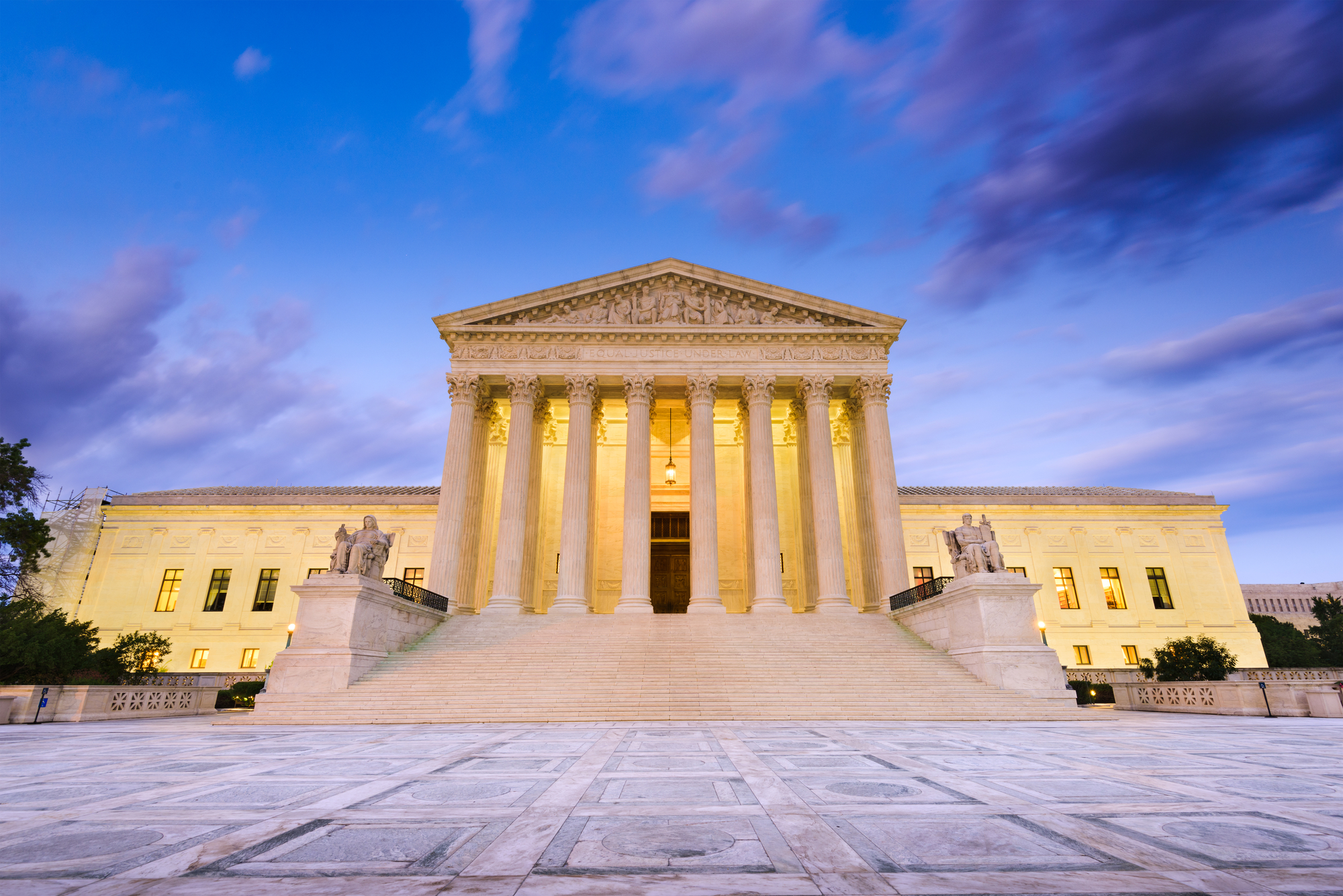ALERT: U.S. Supreme Court Blocks OSHA ETS!
Last Updated on January 13, 2022

The U.S. Supreme Court struck down the Biden administration’s vaccine-or-test rule Thursday, January 13, 2022, declaring that the Occupational Safety and Health Administration had exceeded its authority.
The Supreme Court issued mixed rulings in a pair of cases challenging Biden administration COVID-19 vaccine mandates, allowing the requirement for certain health care workers to go into effect while blocking enforcement of a mandate for businesses with 100 or more employees.
The ETS went into effect on and has been in litigation since Nov. 5, 2021. It was blocked by the 5th U.S. Circuit Court of Appeals early on but was reinstated by the 6th Circuit on Dec. 17, 2021.
The vote to invalidate the vaccine-or-test regulation was 6 to 3, along ideological lines.
“Although Congress has indisputably given OSHA the power to regulate occupational dangers, it has not given that agency the power to regulate public health more broadly,” the majority said in an unsigned opinion. “Requiring the vaccination of 84 million Americans, selected simply because they work for employers with more than 100 employees, certainly falls in the latter category.”
Justices Stephen Breyer, Sonia Sotomayor and Elena Kagan, the court’s three liberals, dissented.
“In our view, the Court’s order seriously misapplies the applicable legal standards. And in so doing, it stymies the Federal Government’s ability to counter the unparalleled threat that COVID–19 poses to our Nation’s workers,” they wrote in their dissent. “Acting outside of its competence and without legal basis, the Court displaces the judgments of the Government officials given the responsibility to respond to workplace health emergencies.”
SCOTUS Reasoning
In its published decision, SCOTUS stated that OSHA was not given the power to regulate public health more broadly than occupational dangers. In addition, SCOTUS explained that challenges to the ETS were likely to succeed on the merits because the agency lacks the authority to impose the mandate. Specifically, the OSH Act only allows the agency to set workplace safety standards, not broad public health measures.
Finally, the court argues that the requirement that employees either become vaccinated or undergo weekly testing is not an exercise of federal power. Instead, SCOTUS stated the ETS represents a “significant encroachment into the lives—and health—of a vast number of employees.”
Impact on Employers
Given this new stay, employers are not required to comply with the OSHA ETS vaccination and testing mandate at this time. However, because the case has been sent back to the 6th Circuit, employers will need to continue monitoring legal developments to learn about a final decision on the ETS.

